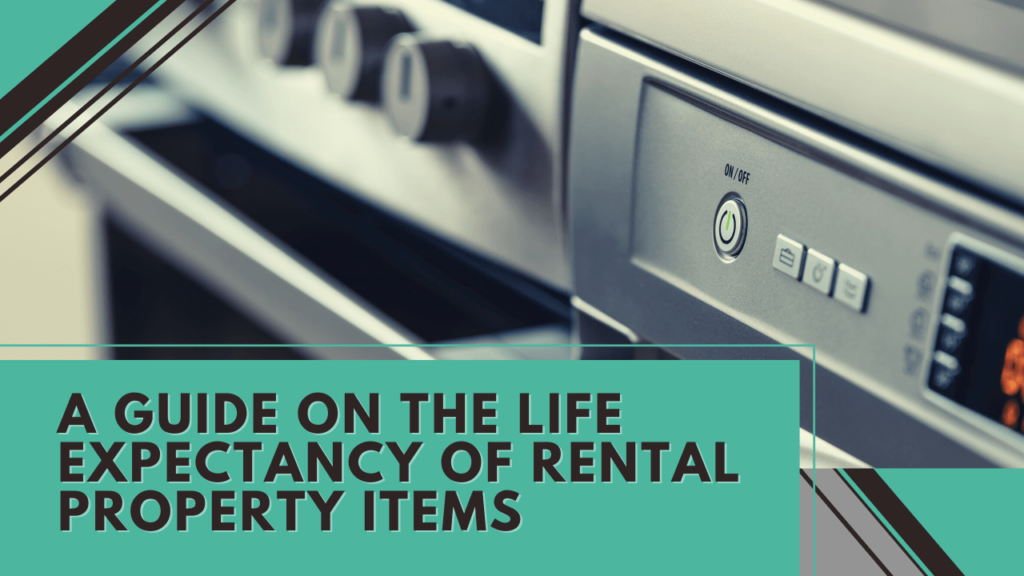
Understanding the life expectancy of rental property items will help you with a number of things. You can plan and budget for repairs and replacements that will ultimately be necessary, even on a brand-new home that’s in great condition. You can also determine how to pro-rate any charges to your tenant when something like floors or walls are damaged during a tenancy.
Before you invest in a Fort Worth rental property, you need to figure out a general maintenance budget. You’ll also have to include the average life expectancy in those estimates. If you’re acquiring an investment property and the seller tells you the roof is new when you buy the home, that’s great. But do you know how long that roof should last?
How Long will Major Functions and Systems Last in Fort Worth?
Some things seem like they should last forever. You hope you won’t have to build new walls or lay new foundation. However, in Fort Worth moisture does settle into foundation, and that can cause cracks and shifts. Have a comprehensive inspection done before you invest in a property so you know what you’re working with.
You probably don’t think about the cost of replacing or refinishing the back deck, and you probably aren’t budgeting for power washes and repaving the driveway. But, you might want to. The lifespan of your roof and your exterior will depend on its construction and the materials that were made to build it.
Heating and Cooling Lifespans in Fort Worth
The summer in Texas is a bit longer than summers in other parts of the country. Our air conditioning units get a workout. Make sure you’re thinking about how long you can expect your heating and cooling unit to last. Most HVACs last for 20 years or more, and you have to remember that this is Fort Worth. Your air conditioning will run for most of the year.
If you install a modern thermostat, you can expect it to last for 30 or 40 years without needing to be replaced. However, it’s essential to have to have your HVAC system serviced and inspected annually. Otherwise, the thermostat can only do so much.
When you have professionals inspecting and servicing your systems and appliances, you can maximize their lifespans. You’ll spend less on both repairs and replacements.
Life Expectancy of Kitchen Appliances Depends on Usage
According to the data we have seen and our experience supervising turnovers and renovations, we know that you can count on these general lifespans:
-
- Most electric and gas stove models will last for around 15 years. The oven will have around the same lifespan.
- A reliable refrigerator may last for 10 years or even 12 years. If you have a separate freezer, you can expect it to work well for around 20 years.
- Your garbage disposal should be just fine for eight to 10 years.
- A dishwasher can also be expected to last for 10 years, and if you provide a microwave, it’s going to keep running for at least eight or nine years.
- Washers and dryers, depending on the model, can last around 10 years and sometimes up to 15 years.
It’s important to remember that kitchen appliances are used several times throughout the day and night in most rental homes. The appliance life expectancy depends to a great extent on how much your tenants use each appliance.
 We can talk further about your specific appliances, structures, and investment properties. If you have any questions or you need some information about professional Fort Worth property management, please contact us at Trend Property & Management.
We can talk further about your specific appliances, structures, and investment properties. If you have any questions or you need some information about professional Fort Worth property management, please contact us at Trend Property & Management.




 Jason Zimmerman
Jason Zimmerman Jessica Schirmeister
Jessica Schirmeister